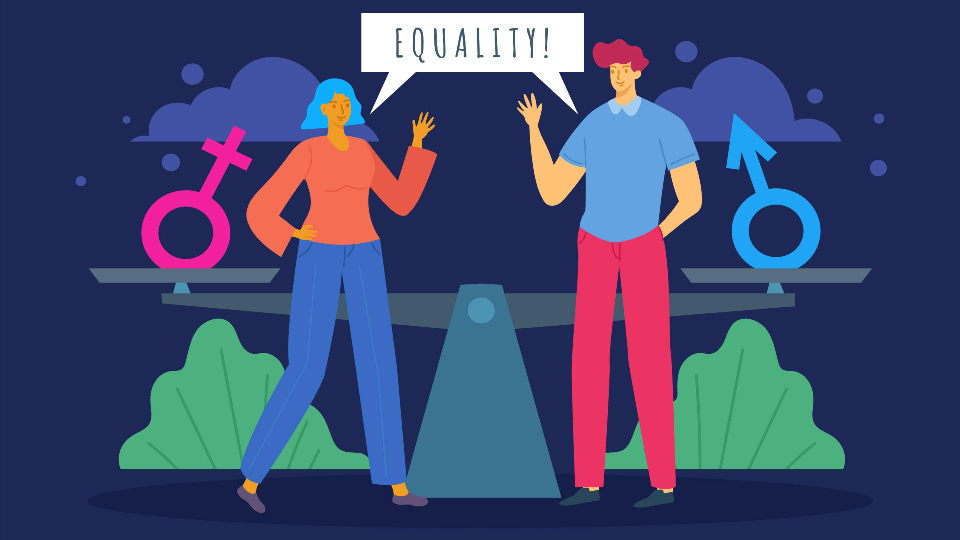The world is facing the most severe crisis of the 21st century concerning climate change. Its detrimental impacts are affecting everyone in the form of frequent floods, landslides, etc., and are posing severe long-term challenges for mankind through continuous degradation of biodiversity, natural habitats, and the environment.
The scenario is impacting each sector of the economy, from agriculture to industry, health to transport. But its negative effects are more on women, than men. The world is already experiencing and talking about many disparities towards women in terms of social, financial, economic, and political rights. In between all this misery, climate change is making things worse for women around the globe, especially in developing and underdeveloped countries.
Limited mobility and major dependence on local resources bring challenges for women and girls in these areas and do not allow them to be part of the decision-making process leading to gender inequalities in more worse state than earlier. This brings challenges to women’s security, safety, life, livelihood, and health all together.
They are primarily accountable for household responsibilities such as managing water, food, fodder, and fuel availability to run their daily chores. This all has direct implications for climate change scenarios. Thus, if gender-sensitive mitigation strategies are not adopted, this gap will get wider over time and lead to humanitarian crises along with environmental degradation putting mankind and the beautiful planet ‘Earth’ in grave danger.
Agriculture is one of the largest sectors that primarily employs women, especially in under-developed and lower-middle income economies, and with the rising climate change events, the pressure multiplies the threat of gender inequality manyfold. The changing economic growth patterns raise conflict among families and it brings severe burn for women and girls.
This makes them more vulnerable to violence including sexual violence, child marriage, and human trafficking among many others worldwide. The changing climate is bringing new health challenges every day, Women across the globe have multiple impacts of such incidences like water scarcity, water contamination, and accelerated lifecycle of various parasitic diseases, etc. on them as they are primary caregivers. The rising incidences of water-related and vector-borne diseases will aggravate the situation more in the absence of gender-sensitive comprehensive action plans worldwide over the years.

